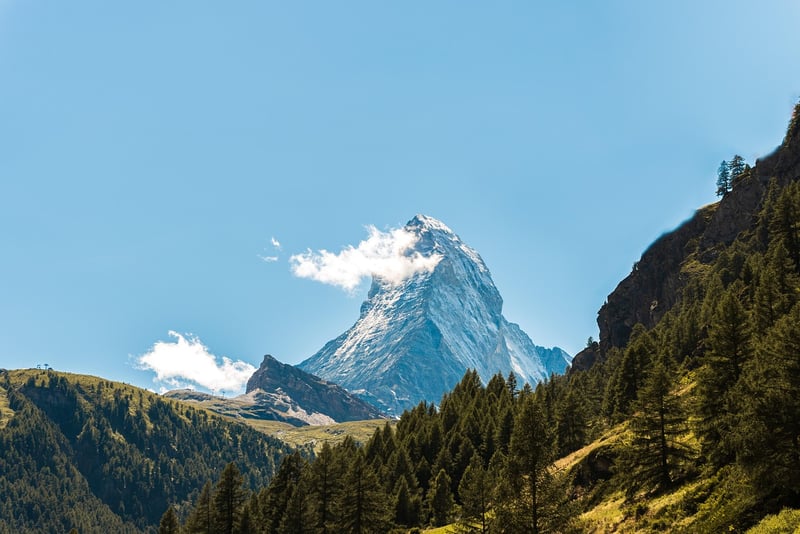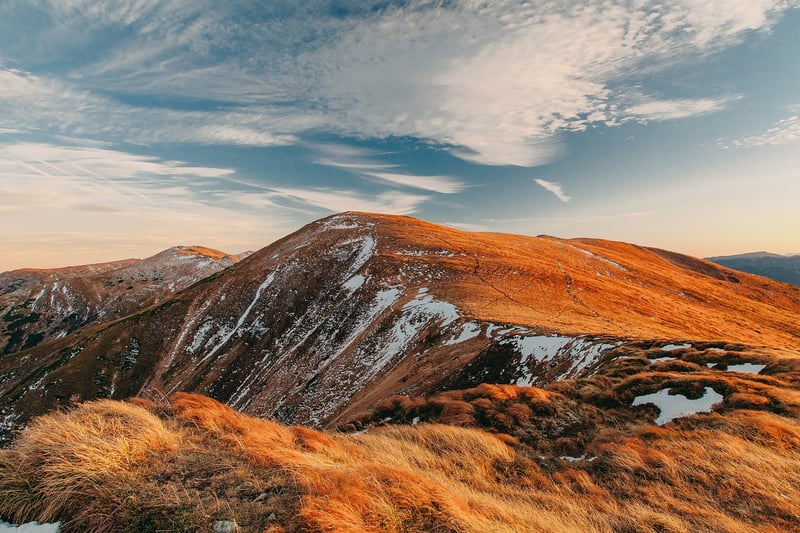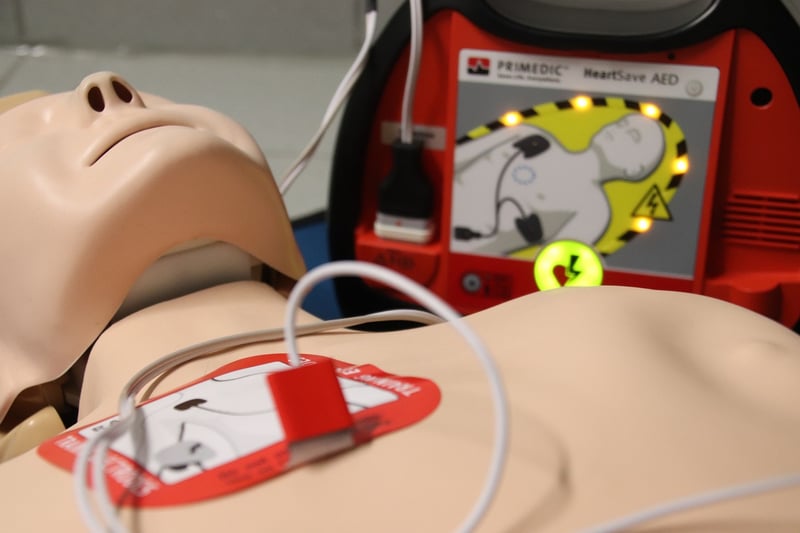First Aid Skills
Stay Secure on Your Journey with First Aid Skills

Traveling can be an exciting adventure, but unexpected situations can arise at any moment. Being equipped with basic first aid skills can make all the difference in ensuring your safety and that of those around you. Here are some essential first aid skills to help you stay secure on your journey:
1. CPR (Cardiopulmonary Resuscitation)
CPR is a life-saving technique that is crucial in emergencies such as cardiac arrest or drowning. Knowing how to perform CPR can significantly increase the chances of survival for the person in need. Consider taking a CPR certification course before your trip.
2. Basic Wound Care
Be prepared to clean and dress minor wounds to prevent infection. Carry a small first aid kit with essentials like adhesive bandages, antiseptic wipes, gauze pads, and adhesive tape. Knowing how to properly clean and bandage a wound can prevent complications and promote healing.
3. Choking Response
In case someone is choking, knowing how to perform the Heimlich maneuver can help dislodge the obstructing object and save a life. Stay calm and act quickly to assist the person in distress.
4. Heat Exhaustion and Dehydration
Recognizing the signs of heat exhaustion and dehydration is essential, especially in hot climates. Stay hydrated, seek shade, and learn how to cool down a person experiencing heat-related illnesses. These skills are vital in preventing heatstroke and other serious conditions.
5. Basic Medication Administration
If you or someone you are traveling with requires regular medication, ensure you understand the correct dosage and administration. Carry an ample supply of medications in their original packaging and keep a list of medications and allergies handy in case of emergencies.
By familiarizing yourself with these first aid skills and being prepared with the necessary supplies, you can navigate through unforeseen circumstances with confidence and ensure a safer journey for yourself and those around you.
Remember, it's always better to be prepared and not need it than to need it and not be prepared. Stay safe and enjoy your travels!

For more information on first aid training and resources, visit the American Red Cross website.
